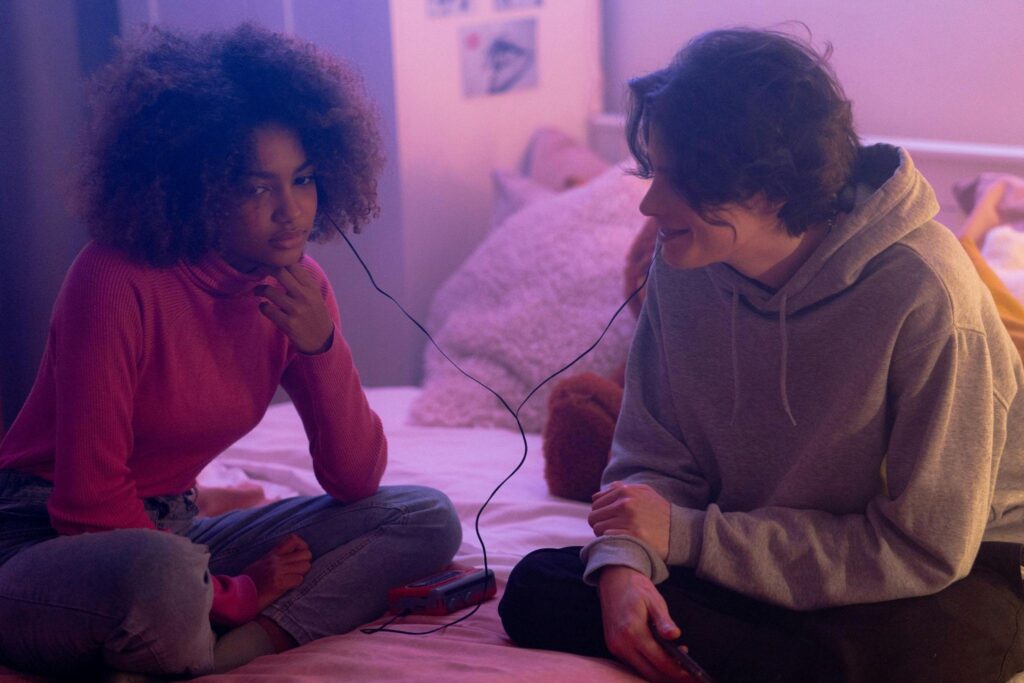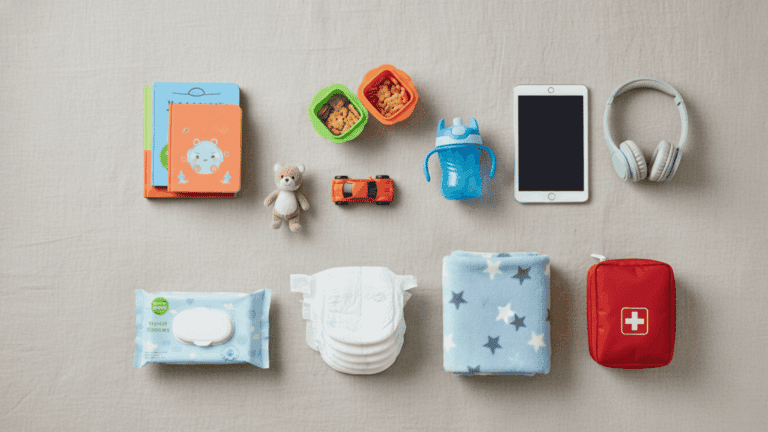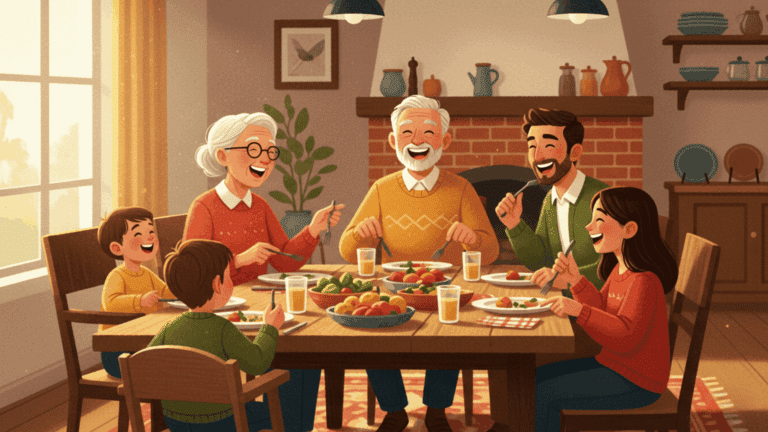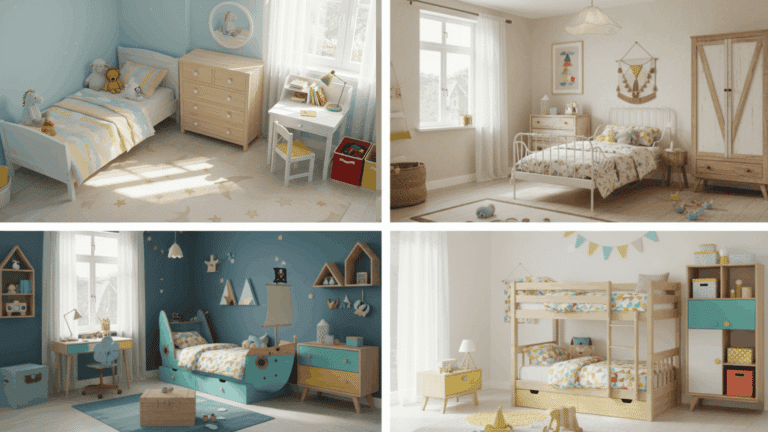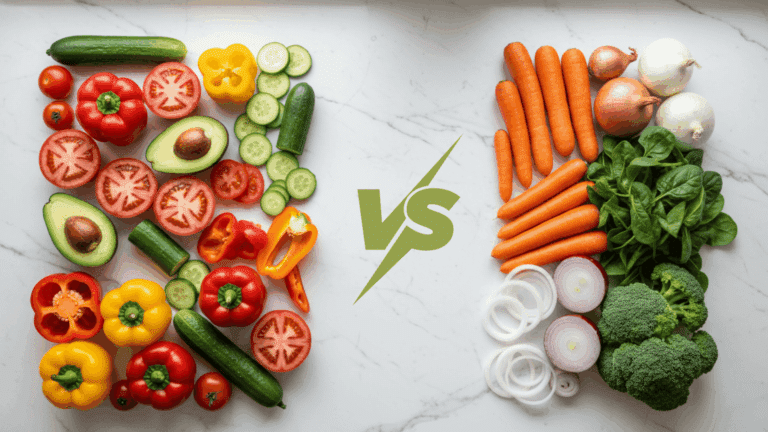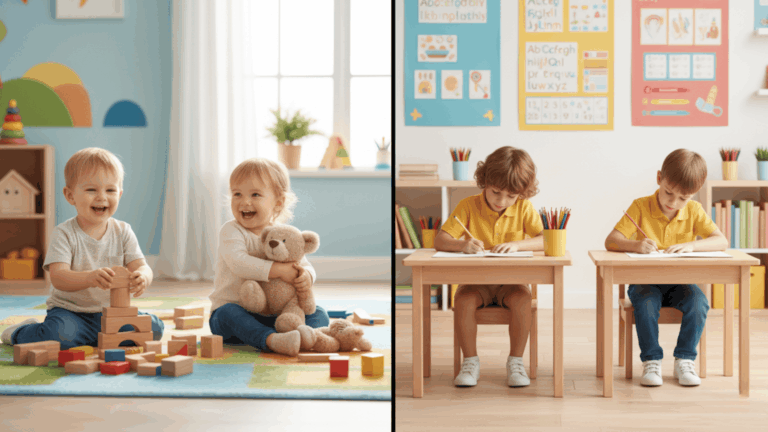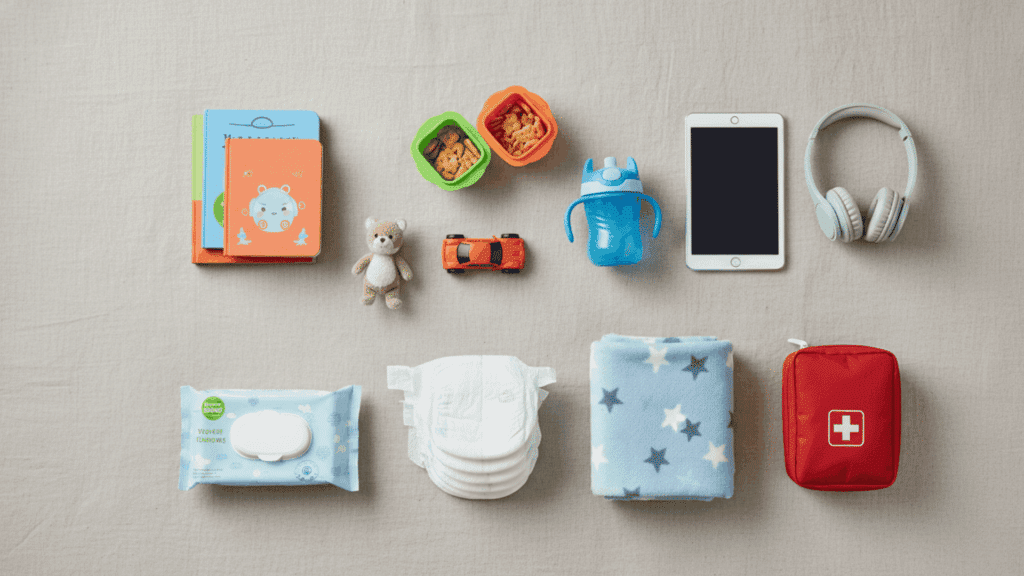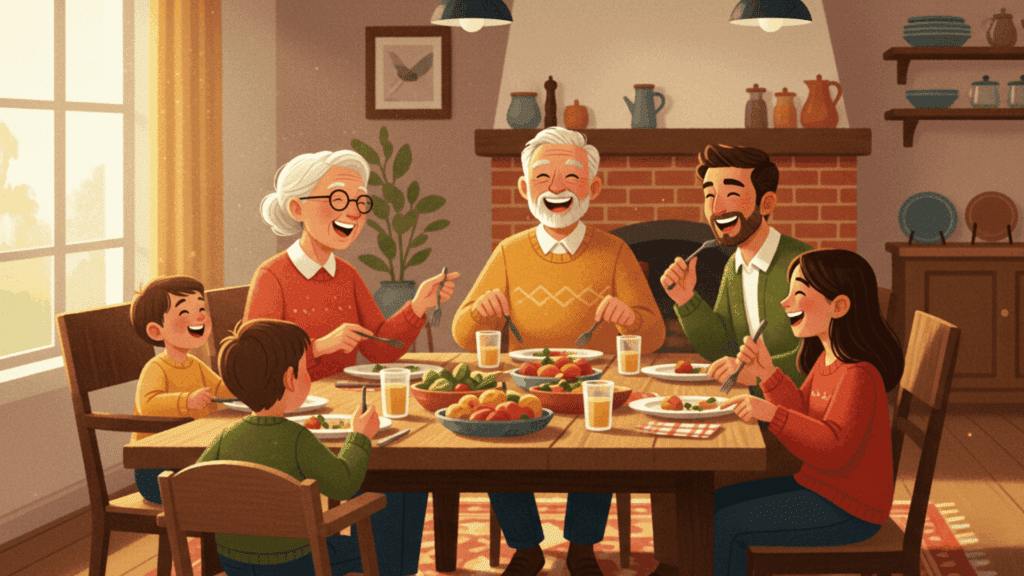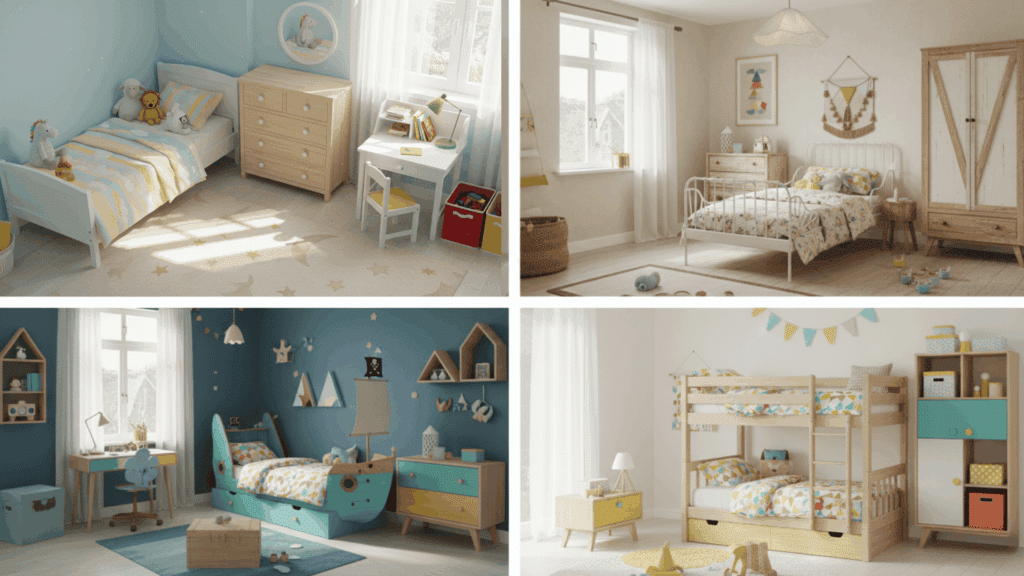Have you ever noticed how your music reflects your relationships? Whether you’re vibing to smooth R&B or rocking out to metal, your playlist can reveal a lot about your romantic style. Even in unconventional relationships like a mistress in Dubai and her lover, the music they share can highlight their emotional connection.
So, what does your favorite genre say about your love life? The tunes you gravitate toward might echo not just your mood but also the rhythm or tension in your relationship.
Why Relationships Sound Like Songs
Think about your favorite couple. Are they smooth like jazz or full of wild drops like techno? Maybe they’re more classical romance or trap-style passion? It might sound playful, but psychologists say there’s truth in this metaphor: the way you love often mirrors your musical taste — not just in the songs you choose but in your rhythm, emotion, and energy.
Just like your favorite track, every relationship has its own internal score:
- Rhythm: The shared routines, inside jokes, and unspoken signals you navigate daily.
- Tone: Is the emotional vibe soft and sweet or sharp and dramatic?
- Tempo: Does love build slowly or hit hard and fast?
Some relationships flow like soulful ballads, others like a breakbeat remix — full of highs and unexpected twists. And just like music, your relationship evolves with every fight, kiss, and milestone.
But here’s the twist: music doesn’t just reflect your love — it can shape it. The right track at the right time can shift your mood, help you reconnect, and bring you back in sync.
What Your Favorite Genre Says About Your Relationships
Your music taste might reveal more than just your Spotify algorithm: it can offer real insight into how you connect emotionally. Studies in music psychology suggest that favorite genres often correlate with specific attachment styles, emotional needs, and communication patterns in relationships.
Here’s what different genres can signal about your romantic tendencies.
Electronic / House / Techno
People who gravitate toward high-energy, beat-driven music often crave intensity in relationships. They thrive on passion, novelty, and unpredictability — but may struggle with emotional burnout or commitment fatigue if things move too fast.
Typical Traits: Adventurous, sensual, thrill-seeking
Challenges: Impatience, avoiding emotional depth
Indie / Folk / Acoustic
Lovers of stripped-back, lyrical sounds tend to be introspective and emotionally aware. They value meaningful connections and are often deeply loyal, but there’s a tendency to idealize love or get stuck in nostalgia.
Typical Traits: Reflective, romantic, emotionally sincere
Challenges: Overthinking, holding on to the past
Pop / R&B
Those drawn to pop or smooth R&B often wear their hearts on their sleeves. These listeners typically value emotional availability and clear communication, making them strong in empathy and expression. However, they can also take things personally and feel hurt easily.
Typical Traits: Expressive, open-hearted, attentive
Challenges: Sensitivity to criticism, emotional dependence
Metal / Punk / Rock
Fans of louder, more aggressive genres often bring fierce loyalty and protective energy into relationships. There’s strength in their passion and commitment, but emotional volatility or jealousy may surface during stress or conflict.
Typical Traits: Intense, committed, resilient
Challenges: Emotional control, possessiveness
How Listening Together Builds Connection
Couples who create playlists together often feel more emotionally in tune, and there’s science behind that. Listening to the same song can sync your brainwaves and release oxytocin, the “bonding hormone,” strengthening your emotional connection.
A shared playlist becomes more than just music; it turns into a language of its own, capturing memories, emotions, and milestones. Whether it’s a first date anthem or a song that got you through a rough patch, these tracks shape your relationship’s rhythm. Creating playlists for different moods or moments helps you stay connected, even when life gets out of sync.
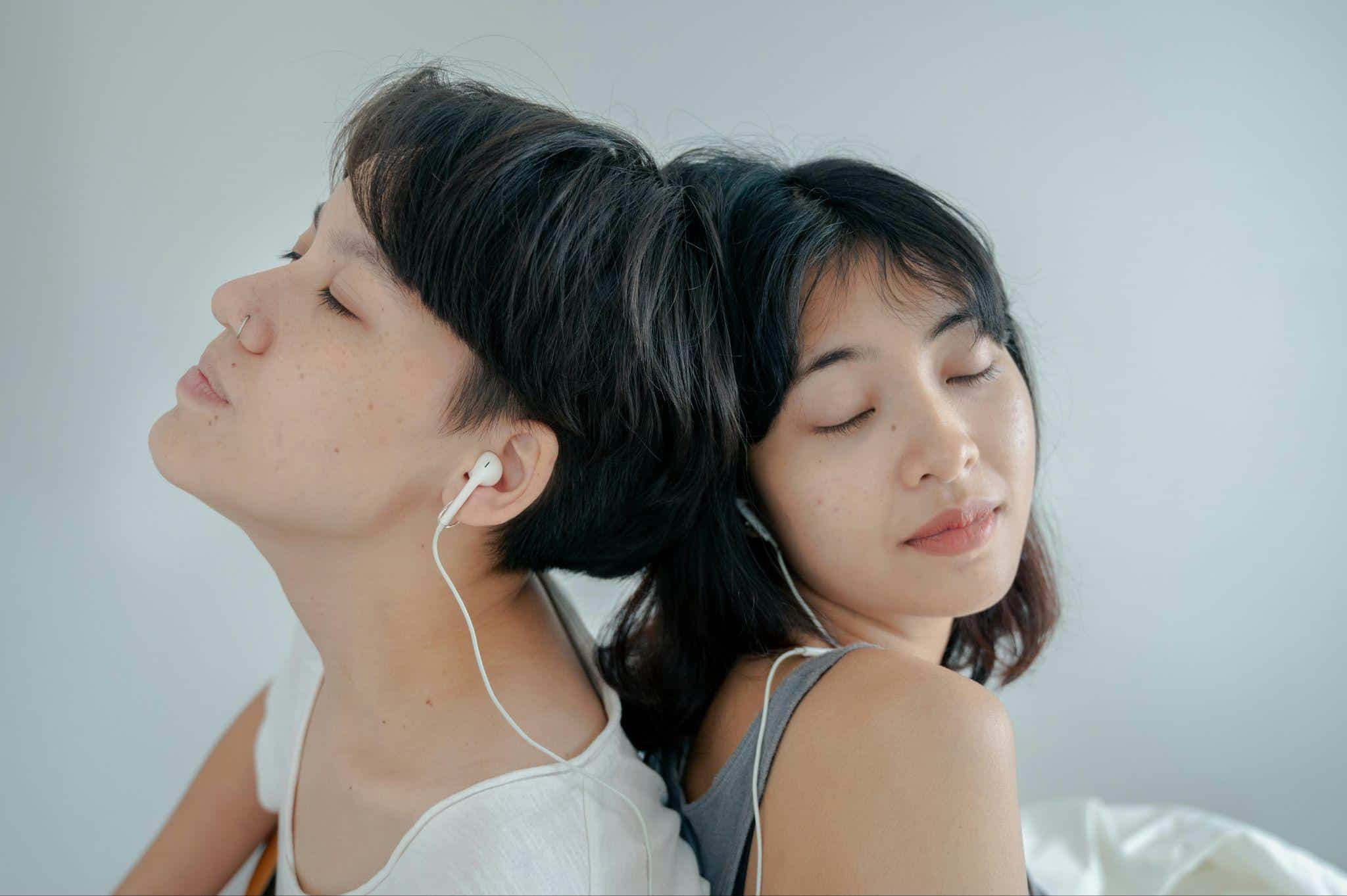
Signs Your Relationship Is Out of Tune
Not every relationship is built on harmony — some gradually shift into emotional noise. Partners can begin to lose their rhythm, causing them to feel disconnected. You may notice changes in how you communicate, experience intimacy, or emotionally sync with each other daily.
Conversations might feel more strained, as though you’re shouting over interference rather than engaging in a shared melody. Even nostalgia may change: you might find more comfort in music you once enjoyed together than in the present moments you now share.
When emotional misalignment becomes consistent, it’s often a sign that the relationship is no longer resonating with your needs. It may be time to reassess whether you’re still growing together or just replaying the past.
Sad Songs and Emotional Pain
When a relationship ends, it’s natural to turn to music for comfort. Sad songs from artists like Adele, Sam Smith, or Lana Del Rey can help you process the emotions tied to the breakup, giving you a sense of solidarity in your sorrow. However, listening to these melancholy tracks repeatedly might prolong the healing process.
Why? Because sad music taps into the neural pathways associated with grief, and replaying those emotions can prevent you from moving forward. While it’s important to honor your sadness, it’s equally vital to incorporate songs that promote healing, growth, and emotional resilience. By doing so, your playlist can help you gradually shift from mourning to healing and self-discovery.
Conclusion
Music is not just an accompaniment to your relationship — it plays a key role in shaping it. Your musical preferences offer profound insights into how you connect emotionally and communicate with your partner. Whether it’s the vibrant energy of electronic music or the reflective tones of folk, each genre reveals distinct emotional needs and patterns of love.
Shared musical experiences can enhance your emotional bond, and when things feel out of sync, the right playlist can help recalibrate your connection. However, if you notice a growing dissonance in communication or intimacy, it may signal that your relationship is losing its rhythm. In such moments, it is important to reflect on your relationship trajectory and decide if you are still moving together in harmony or if it is time for a change.


